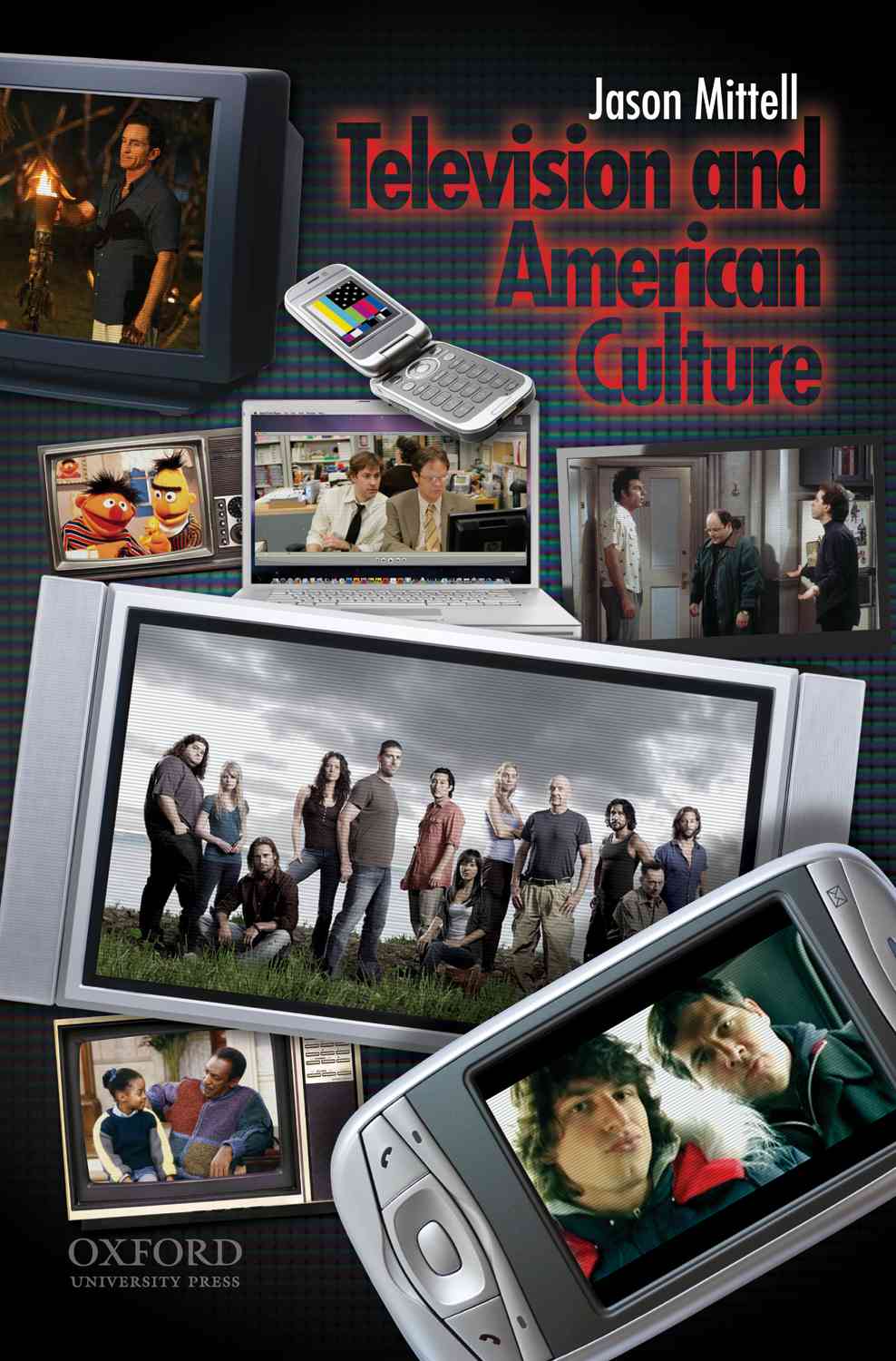MIT5: Day 1
So after an easy but rainy drive down to Cambridge, I arrived at the MIT5 conference. Missed the first plenary, but saw two good panels & the second plenary. Some highlights & pre-bedtime reflections:
On a panel about Seriality & Transmedia Storytelling, a nice collection of thoughts. Both Geoffrey Long and Martyn Pedlar discussed comic book narrative, exploring issues of discontinuities among different versions & transmedia adaptations. In both cases, they made me think about carefully distinguishing between the different pressures & assumptions of continuity of narrative events vs. characters vs. settings – it seems that in comics (as well as other series like James Bond films and The Simpsons), the key continuities are in characters & the storyworld, and that events can either persist or not with a wide range of variability. Then Derek Johnson just made it in from a hellish airplane tale to present a compelling argument for the historicity of transmedia storytelling, tying back to work by Marsha Kinder on Teenage Mutant Ninja Turtles and Michael Kackman on Hopalong Cassidy. Derek argued for the use of the term ‘franchise’ to discuss the networked system of transmedia storytelling – I’m not sure that franchise can escape the economic determinist overtones, but he’s right that we need a better term for it.
Next panel focused vaguely about YouTube, with only one paper (by Robert Gehl) actually about YouTube. Jonathan Gray discussed movie trailers as paratexts (coming soon – Jonathan’s book on paratexts!), exploring how they set horizons of expectations for both viewers and non-viewers of films – typically strong work. Then Joshua Green gave a whirlwind of a presentation as to why TV content online is not really TV. Provocative ideas, which we discussed a bit more to figure out whether it’s the screen choice that matters (no) or the delivery mechanism (yes) – the lack of synchronous flowing content in TV on-demand online is a different experience, but we stumped each other in thinking about TiVo as a liminal case, taking TV offline via broadcasting.
Final plenary about collective intelligence – lots of interesting ideas, but the one I want to mention before I fade into sleep is Cory Ondrejka from Linden Lab making the point that they’re decision to make Second Life’s software open source is both a philosophical decision to support that mode of development, but also designed to make potential business investors more confident in the persistence and long-term stability of SL as a platform – if a company is going to spend a ton of money & effort to develop SL content, they want to be sure it won’t go belly-up if Linden Labs folds. So by opening up the source, commercial interests feel more secure in their investments – a nice inversion of typical business logic.
Great first day of a conference – plus the Red Sox spanked the Yankees! Stay tuned for Day 2…
Filed under: Media Studies | Leave a Comment









No Responses Yet to “MIT5: Day 1”